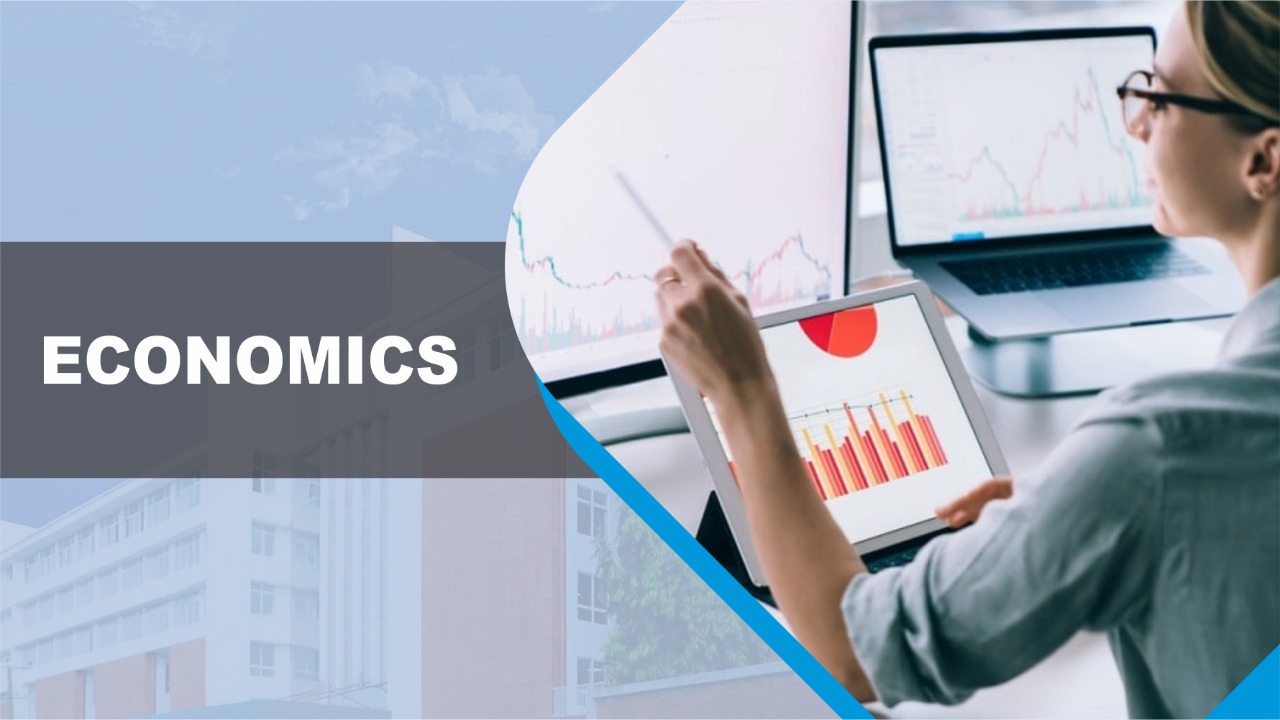What is Economics?
Economics is one of the social sciences, which has a significant influence on the life of every human being. The classic definition of economics is – “Economics is the study of the use of scarce resources that have alternative uses”. In a layman language, there are people and they have infinite desires. To fulfill their desires, people need resources but resources cannot be infinite but desires can be, so people need to make choices about how to use their scarce resources efficiently. Economics is the study of these choices and the Economist is the person who does this study.
An economist studies the reasoning behind choices or decisions people make. Economist then uses data to conduct research on economic issues, maximize profits and introduce improved public policies. The findings of the research were published in scientific journals in the form of technical reports and articles.
Skills Required for Economics degree
For you to build a career in Economics, it is important to have the following must-have skills:
| Mathematical Skill | Statistical skills | Written & Verbal Communication Skills |
| Data Analysis | Time Management | Problem-Solving skills |
| Self-driven | Logical & Critical Thinking | Knowledge of Social Science |
Economics Course Eligibility
Economics course provides an in-depth education in economics which is useful in applying to a wide range of career paths. The course offers a comprehensive understanding of core, pure, and applied economics and allows students to employ ideas and techniques from other disciplines too like mathematics and statistics, history, sociology, and political science. Students get to learn about economic theory and principles, mathematics, economic models and methods of analysis, and more.
Economics courses can be pursued by students at graduation, postgraduate and doctoral levels. Besides, there are diploma and certification courses are also available in economics.
After completing graduation, students usually enroll for MBA/PGDM or MA in economics programmes.
| Programmes | Eligibility |
| B.A. (Business Economics) 3 years | Aspiring candidates should have completed 10+2 in any stream.In various colleges, entrance exams and interviews along with the percentage of 12th class is considered for admission. |
| B.Com. (Applied Economics) 3 years | Candidates should have passed 12th with a minimum of 50 percent. |
| B.Com. (Business Economics) 3 years | Candidates should have completed 10+2 in Commerce & Science stream.In various colleges, entrance exams and interviews along with the percentage of 12th class is considered for admission. |
| M.A. (Economics) 2 years | Universities consider a minimum of 50-55 percent marks in graduation for admissions.Universities also conduct entrance exams to offer admission in MA Economics.The aggregate of graduation marks and entrance exams are taken into consideration to offer admission. |
| M.Com. (Applied Economics) 2 years | Candidates should have completed B.Com.with a minimum of 50 percent or above marks from a recognized university board.In various colleges and universities, it conducts entrance exams plus interviews for admission. |
| M.Phil. (Business Finance & Economics) 2 years | The minimum eligibility for this course is a postgraduate degree in Economics or allied discipline.The candidate must have passed a post-graduation degree with a recommended aggregate of 55 percent from a recognized university or the other equivalent exam.An entrance examination is a mode preferred for admission by most colleges for this course. The candidates with their post-graduation results awaited also can apply for this course. |
| M.Sc. (Financial Economics and Administration) 2 years | B.Sc. or the other equivalent qualification with a minimum 50 percent marks.Some universities and institutes conduct entrance examinations for admission. |
| Ph.D. (Business Economics) 2 years | Candidates should have completed their MBE or M.Phil. degree in Business Economics with a minimum aggregate of 55 percent and above from a recognized university. |
Also Read: Top Engineering Colleges in India
Admission Process
10+2 marks/ Entrance exam (depending on the college). Following are some of the entrance examinations for the economics degree:
- DUJAT – The Delhi University Joint Admission Test
- NPAT – NMIMS Programs After Twelfth
- SET – Symbiosis Entrance Test
- CUET – Christ University Entrance Test
- IPU-CET – Indraprastha University Common Entrance Test
- DU DSE – Delhi School of Economics
- ISI Admission Test – Indian Statistical Institute Admission (ISI) Test
- JNU Entrance Test – Jawaharlal Nehru University Entrance Examination
Course Fees
The average course fee for graduation level programme is between INR 25,000 – 3 lakhs. The average annual fee for Masters is annually INR 20,000 – 2 lakhs. For Doctorate, the average course fee for three years is INR 80,000 – 6 lakhs.
Top Colleges Offering Economics Courses
- Symbiosis School of Economics – SSE Pune
- Jamia Millia Islamia – JMI New Delhi
- Indian Institute of Technology – IIT Bombay
- Indira Gandhi National Open University – IGNOU Delhi
- Maharaja Sayajirao University of Baroda – MSU Baroda
- Christ University, Bangalore
- Jadavpur University, Kolkata
- Guru Gobind Singh Indraprastha University – GGSIPU Delhi
- Delhi Technological University – DTU Delhi
- Banaras Hindu University – BHU Varanasi
- Chandigarh University, Chandigarh
- University of Hyderabad, Hyderabad
- BR Ambedkar Open University, Hyderabad
- Indian Institute of Technology – IIT Kharagpur
- Aligarh Muslim University, AMU – Aligarh
- Integral University, Lucknow
- Jawaharlal Nehru University – JNU Delhi
- Manipal University, Jaipur
- MGR Educational and Research Institute, Chennai
- Indian Institute of Technology – IIT Kanpur
Economics Syllabus
Here we are providing a basic idea about the syllabus of economics courses for various levels. The syllabus varies as per the universities hence you will find here the topic comprises the economics courses.
| Programmes | Syllabus |
| Undergraduate level | The students would study the topics such as Macroeconomics, Microeconomics, Utility, Elasticity of Demand, Monopoly, Factor Pricing, Interest, Demographic Features, Agriculture and Land Development, Small Scale and Cottage Industries, the infrastructure of the Indian Economy, Macro Variables, Classical Theory of Employment, Source of Revenue, Public Finance, Bank, Money, Inflation, Deflation and Recession and more. |
| Postgraduate level | The students would study the topics such as Microeconomic Analysis, Elementary Statistics, Theory of Pricing and Distribution, Macroeconomic Analysis, Quantitative Methods, International Finance, Economics of Industry, Growth Models of Economics and Issues in the Indian Economy and more. |
| Doctoral level | The students at the doctoral level conduct research in any of the economics-related concepts of their interest. They work on writing the thesis based on research findings and submit it to the concerned authorities. The students are awarded a Ph.D. after completing the research. |
Scope of Economics in India and Abroad
The demand for economics graduates is massive at both the national and international markets. Some of the Job Opportunities after completing the economics course are as follows:
- Financial Analyst
- Business Analyst (Unspecified Type)
- Data Analyst
- Senior Financial Analyst
- Research Analyst
- Senior Business Analyst
- Pricing Analyst
- Management Consultant
- Business Consultant
- Staff Accountant, etc
Conclusion
Economics is an excellent career choice for those who are good with numbers and eager to know the essence of markets and how our economy functions. The continually evolving economy is always in demand for analysts, researchers, strategists, and consultants who are trained professionals and can easily understand the changing economic trends. Studying economics will help you acquire a high level of mathematical, analytical, and statistical skills and teach you how you can apply different economic theories and concepts to real-world challenges. The career prospects in economics are highly promising and open up a host of phenomenal opportunities in different fields.

